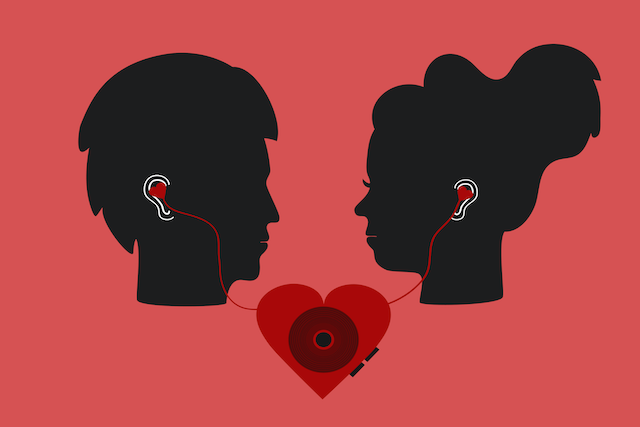Do you want to know why being kind to others makes you happy? Does being kind to make you feel better, or is it just some kind of nice-person thing? What if I told you that being kind made you less stressed and more satisfied with your life? Would you believe me?

Most people are unaware that kindness toward others contributes to their well-being. According to a recent study by Temple University, kindness leads to higher levels of life well-being and psychological well-being leads to physical health and greater longevity. Kindness appears to be a good investment in the quality of human relationships with others.
Being kind to others is not something that we are born with. We acquire kindness as a result of living in a society that has been set up on the premise that people have rights and to act in ways that maintain those rights. People who have been taught to believe that they do not have rights are usually people who live in abusive environments, are poor, have had past hurts, or are members of groups that are historically considered undesirable. People who grow up believing these things do not tend to be kind; they are often cruel to others and have a kind heart.
In order to succeed in this world we must be kind to ourselves first. By practicing kindness regularly you will find yourself moving toward success more quickly than if you continue to remain closed and unaffected by how people treat you. Kindness towards oneself includes treating oneself with kindness to others. This applies in both your personal and professional life.
Many kinds of behaviors that we routinely engage in with our peers and in our professional lives can contribute to stress and anxiety in our lives. Being kind to ourselves includes exercising kindnesses for others and showing consideration for what people need and want. Sometimes this may be in a subtle way, as in sending a nice email to a client or commenting to a co-worker that a colleague has commented on an interesting blog post. At other times it can come more dramatically, such as volunteering to help a friend in need or being physically kind to someone who is hurting. Kindness can be exhibited in small ways or in large amounts.
If we are fortunate enough to have supportive friends, family members and colleagues who show us kindness regularly, we should practice it ourselves. It is not difficult to practice kindness on others as long as the behavior is genuinely kindness. For example, responding to a person's need with an over-the-top polite statement "Thank you" is kind. However, responding to the same request with a brief, sincere "akis" is kind.
Being kind to ourselves is also important because it helps us to gain the emotional strength needed to love ourselves and others. The more developed our compassion for others is, the more we can demonstrate it to others without feeling self-conscious. Self-love is a powerful emotion that can transform our interactions with others, and even help us to become kinder to our own self.

There are many kinds of kindnesses. The key to developing our own kindnesses is to focus on others' kindnesses rather than on our own kindnesses. For instance, a pregnant woman may extend to her warmest wishes to a pregnant relative, but if she expresses her gratitude for that person's kindness, it will only show that she is only doing it out of obligation. Instead, focusing on the kindnesses of others will help us to grow into being more generous, kinder and more loving. As we practice this kind behavior, others will too!